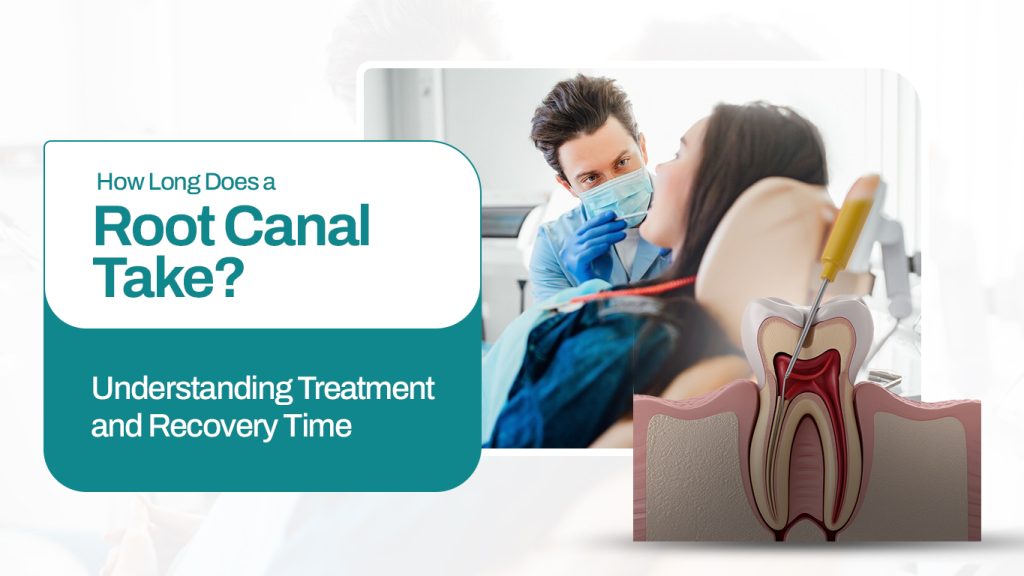How Long Does a Root Canal Take? Understanding Treatment and Recovery Time
When it comes to dental procedures, few phrases evoke as much anxiety as "root canal." However, despite its intimidating reputation, a root canal is a common and highly effective treatment…

